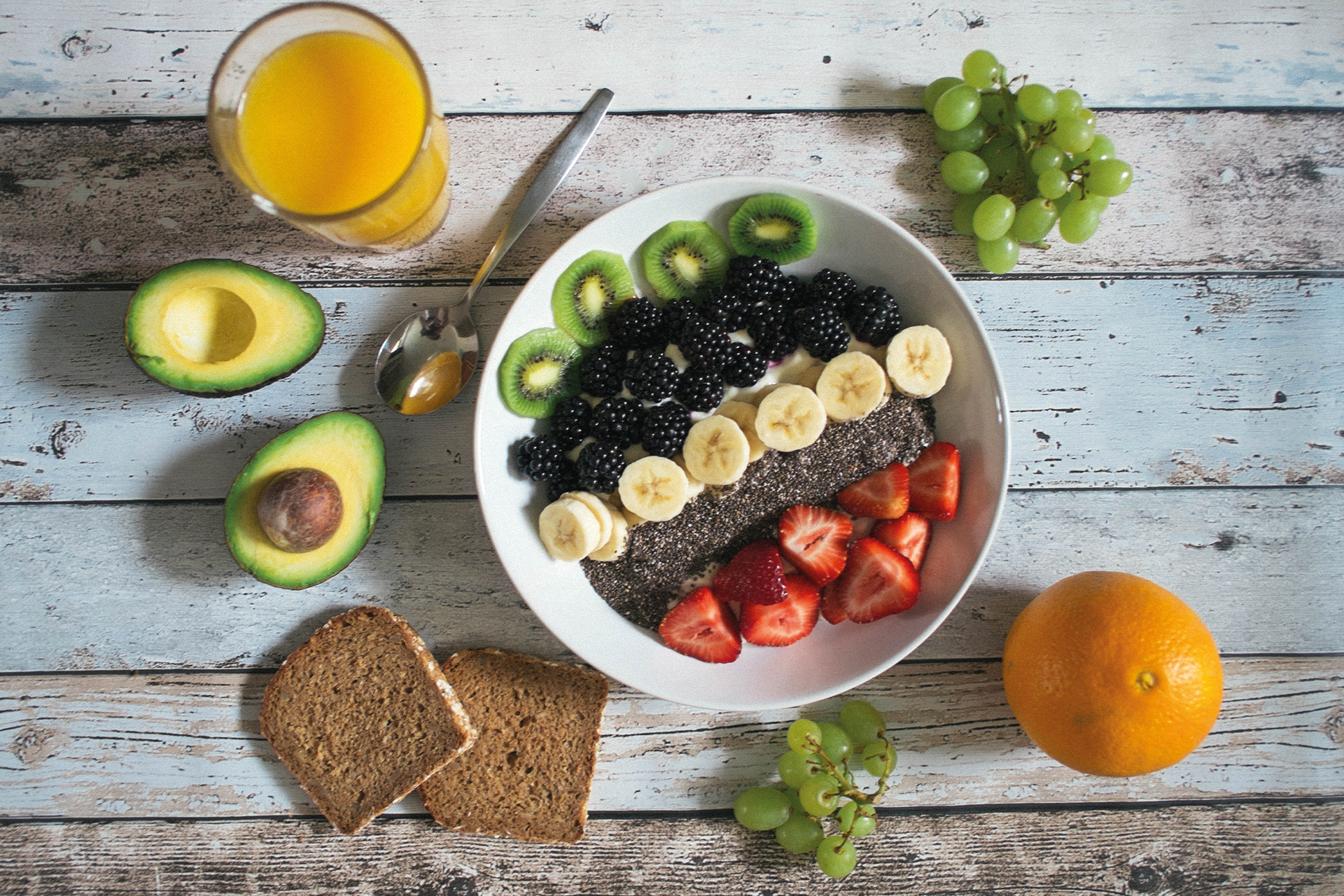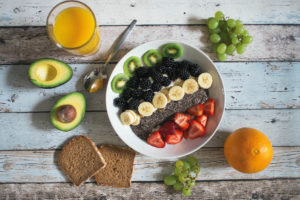Nutritionist Explains: What Should You Feed Your Children For Breakfast
By
2 years ago

Nutritionist Lara Isaac cooks up the perfect pre-schoolers’ breakfast

Making fresh orange juice (Image: Pexels)
Good nutrition is essential at all stages of life, but pre-school children have particularly high nutrient requirements relative to their size. It’s important to nourish their bodies with nutrients that will lay down foundations for physical and mental development, as well as to establish healthy eating patterns that will influence their relationship with food in future years.
Breakfast is a great opportunity for parents to set their children up for the day. While recent research has questioned whether breakfast truly is the most important meal of the day for adults (with studies suggesting that, for some individuals, metabolic health may be improved with an extended overnight fast), research continues to suggest that a balanced breakfast is crucial for children.
As an opportunity to incorporate food groups like carbohydrates, protein, dairy and fruit and vegetables, a satiating breakfast allows children to take in macronutrients that will support their energy, mood and brain function. As well as providing macronutrients, healthy breakfasts offer key micronutrients such as calcium, iron, zinc and vitamins A, C and E.
Intakes of several of these nutrients have been found to be low among a large proportion of under-fives in the UK and this, in part, is due to overconsumption of processed, refined foods that lack sufficient nutrient density. Therefore, while breakfast is vital for pre-schoolers, it needs to be rich in whole foods with a rainbow of colours, and a diversity of food groups to ensure it packs a nutritional punch.
Do’s and Don’ts for Breakfast

Healthy Breakfast (Image: Unsplash)
Do
Stay away from labelled ‘kids’ breakfast’ options
From the age of one, children can eat what the rest of the family eats. The food industry uses branding to persuade us to buy specific ‘kids’ yoghurts, cereals and snack bars, but these are almost always full of sugar and additives that are detrimental to their health. Try to stay away from these foods altogether and prepare breakfast from scratch; for example, instead of buying fruity yoghurts or shop-bought cereals, make your own bircher muesli with rolled porridge oats, milk, natural yoghurt and freshly chopped fruit.
Make vegetables familiar and fun
In an ideal world, children should have a minimum of five portions of fruit and vegetables a day (the greater the diversity throughout the week, the better) but with fussy-eaters this may seem unachievable. Parents sometimes try to ‘hide’ vegetables in meals: blending avocados into smoothies, grating courgette or carrots into oats or adding peppers to breakfast frittatas. In many ways, this is sensible as it can significantly increase the number of antioxidant-rich plant foods they’re exposed to. However, research demonstrates that it is familiarity with foods that encourages children to accept and, crucially, enjoy them, so ‘hiding’ foods may facilitate fussy tendencies in the long run.
Preparing breakfast with your children actively involved is a wonderful way of making nutritious food familiar and fun. Similarly, it’s important to model good habits; children learn by copying so don’t underestimate the power of sitting down together, showing them how much you value nourishing your body with healthy whole foods.
Don’t
Rely on fruit juice for vitamin C
Pure fruit juice does provide nutrients but it’s incredibly high in sugar. Stripped of the fruit’s natural fibre, it’s digested very quickly so causes a rapid spike in children’s blood glucose levels – setting them up for a series of energy crashes for the rest of the day. Fruit should be eaten in its whole food form, or blended in a smoothie, which, unlike juicing, retains the fibrous pulp. If your child insists on orange juice, dilute it with some water (adding a little more water each time) until they’re ready to give it up entirely.






